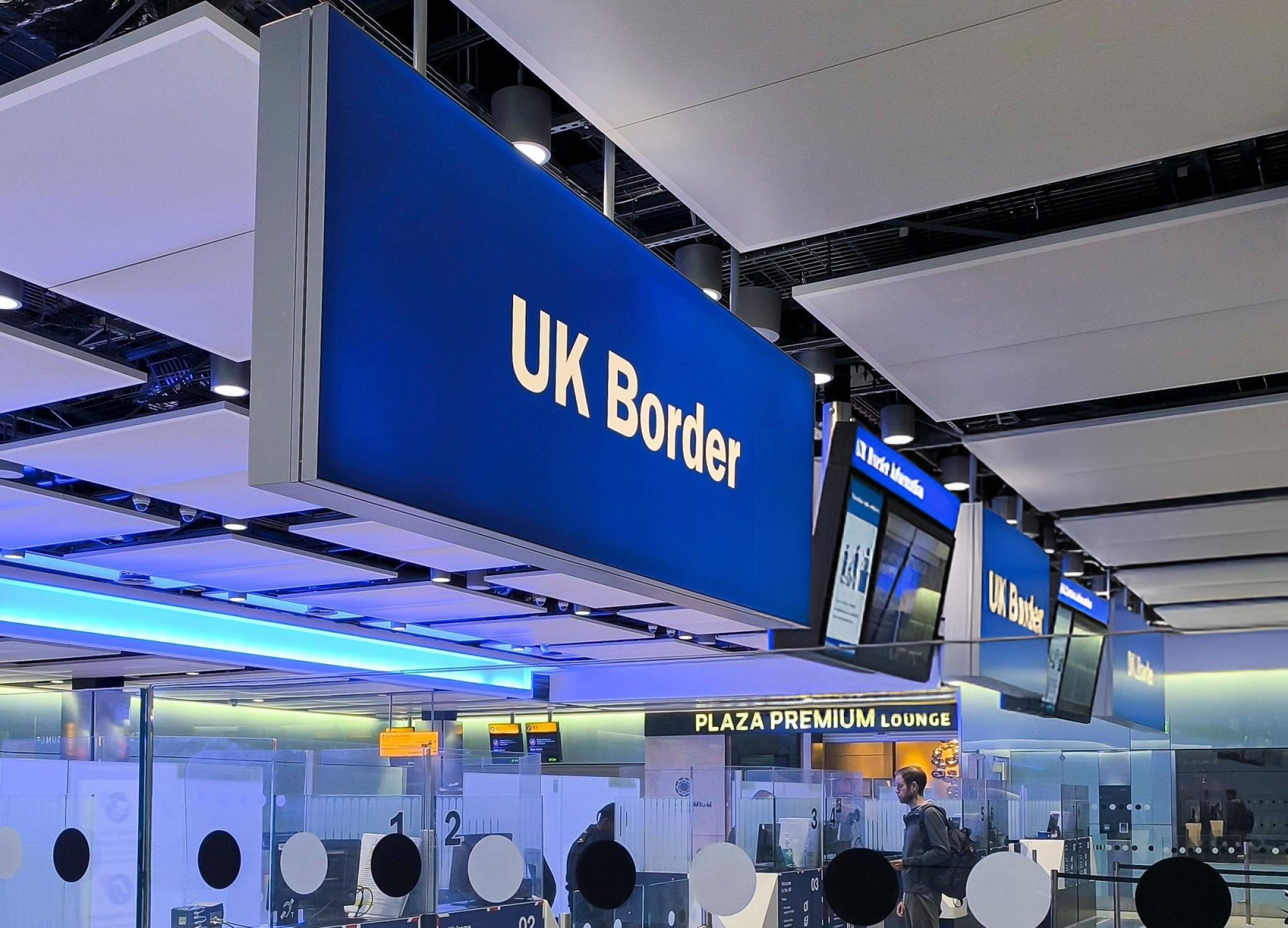Visa applications from certain nationalities may soon face fresh restrictions as part of a government crackdown designed to reduce overstaying and discourage the abuse of the asylum system. Under the latest Home Office proposals, work and study visa applications from countries such as Pakistan, Nigeria, and Sri Lanka are among those likely to be targeted.
According to reports in The Times, applicants from countries with historically high rates of asylum claims may be refused visas if they fit a profile suggesting a likelihood of overstaying or later seeking asylum. The new plans also include stricter scrutiny of bank statements submitted with visa applications, which could be used to deny claims for taxpayer-funded accommodation, including placement in hotels.
The crackdown comes as part of the Government’s ongoing efforts to reduce net migration — a politically charged issue that has taken on greater urgency following significant gains by Reform UK in last week’s local elections. The political pressure has prompted ministers to promise tougher immigration enforcement and a reassessment of visa pathways.
A Home Office spokesperson confirmed that the department is focused on identifying patterns of abuse within the visa system. “To tackle abuse by foreign nationals who arrive on work and study visas and go on to claim asylum, we are building intelligence on the profile of these individuals to identify them earlier and faster,” the spokesperson said.
“We keep the visa system under constant review and where we detect trends that may undermine our immigration rules, we will not hesitate to take action. Under our plan for change, our upcoming Immigration White Paper will set out a comprehensive plan to restore order to our broken immigration system.”
The proposals are expected to target nationalities that are statistically more likely to overstay their visas or transition into the asylum system after arrival. Although exact criteria have yet to be published, the Home Office appears determined to shift policy towards early intervention and preventative refusals.
The Labour Party, which has formed the current Government, pledged during the general election campaign to reduce net migration to “sustainable levels” and ensure the system is “properly controlled and managed.” The party also warned that a failure to act would undermine incentives for businesses to invest in local training and employment.
Meanwhile, government figures show that legal migration has already begun to decline under previously introduced restrictions. In the year to March 2025, the number of applicants across work, study, and family visa categories fell to 772,200 — a sharp 37% drop from the nearly 1.24 million recorded the previous year.
Key policy changes in early 2024, enacted under the former Conservative government, are thought to have driven much of this decline. Those included a ban on overseas care workers and international students bringing family dependants, as well as a rise in the skilled worker salary threshold to £38,700.
However, despite the fall in legal migration routes, asylum applications have surged. In 2024, 108,138 people sought asylum in Britain — the highest total for any 12-month period since records began in 2001. The spike has further intensified calls for reform and tougher enforcement.
Critics of the proposed crackdown have warned that blanket restrictions based on nationality risk undermining the UK’s commitment to fairness and non-discrimination in immigration policy. Advocacy groups have called for greater focus on improving processing times, appeals procedures, and safe legal routes for genuine refugees.
As the Government prepares to publish its Immigration White Paper, ministers are expected to outline further proposals aimed at restoring what they call “public confidence” in the immigration system. Observers say the White Paper will likely serve as a blueprint for broader reform, including measures to bolster border enforcement and clamp down on fraudulent documentation.
With public sentiment increasingly focused on border control, the coming months could see some of the most sweeping changes to the UK’s immigration framework in recent memory. Would you like an analysis of how these visa restrictions might affect UK universities and employers?






